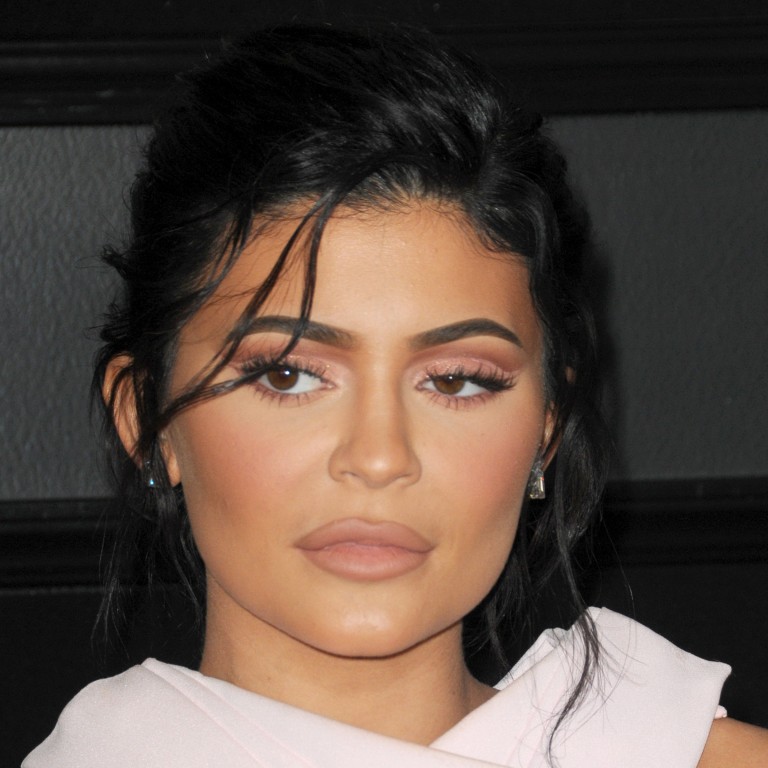
It’s not enough for celebrities to put their names to beauty brands – the power is in the product, too
- Celebrities are big in beauty, with the likes of Kylie Jenner, Rihanna and Pharrell Williams putting their names on products
- But in 2021, new make-up and skincare brands need more than a famous name – they also need a big idea
Remember when every other celebrity suddenly decided to launch their own fragrance? We’re talking about the 1990s and early 2000s, although some continued the trend for a while longer.
Back to the present, there’s a new category catching the interest of the stars: welcome to the era of celebrity beauty brands. From make-up to skin, hair and body care, more and more celebrities are launching their own beauty brands – and it doesn’t look like the trend is going to end any time soon, although it’s not entirely new either.
In 2015, American socialite and model Kylie Jenner announced the launch of her lip kits and with it the birth of her brand, Kylie Cosmetics. The kits sold out in minutes. In the six years since, that trio of lip kits has grown into a multimillion-dollar empire featuring full make-up and skincare lines and earning Jenner the title of Forbes’ youngest self-made billionaire, in 2019.
Celebrities and the beauty industry are no strangers. In the past, personalities acted as ambassadors for renowned beauty brands, endorsing their launches, appearing in campaigns, and wearing their products to interviews, on red carpets and at events. Now it seems, that is not enough.
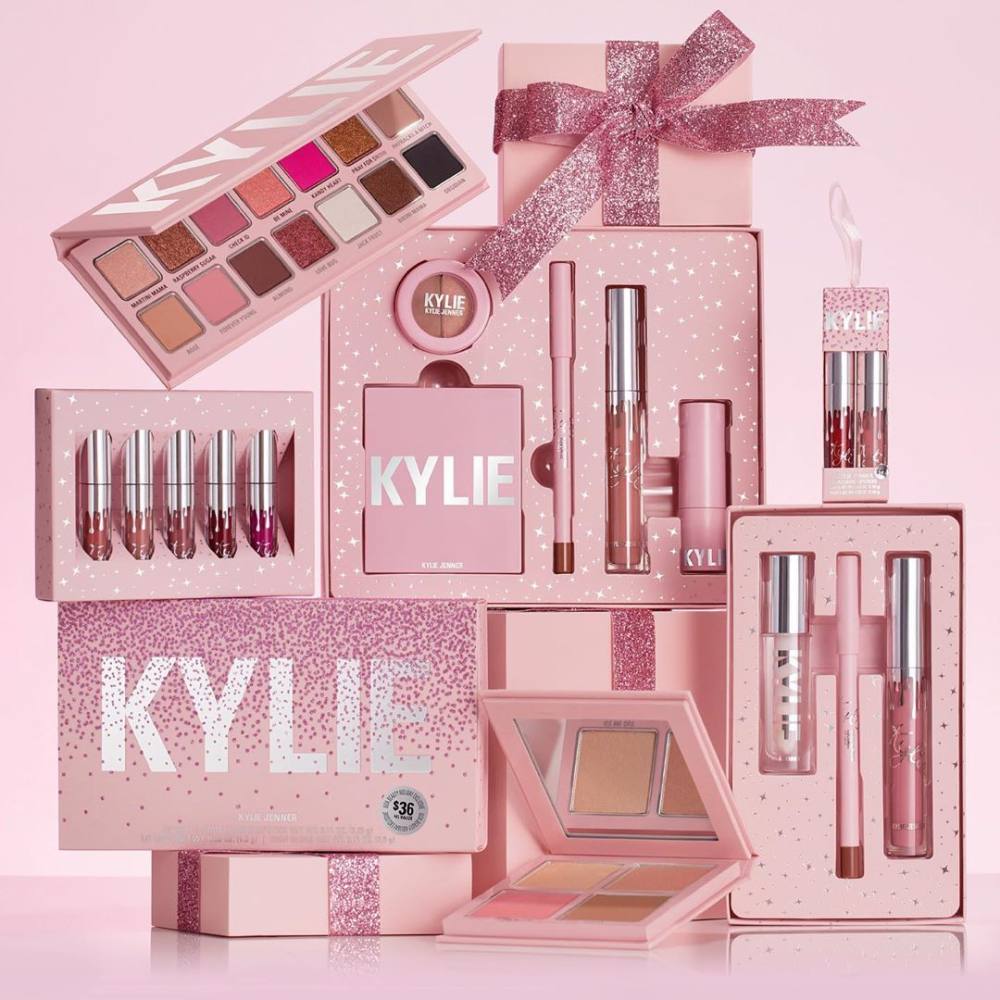
“Celebrity beauty is nothing new. People have always been keen to follow and replicate celebrities’ beauty routines, styles, products and so on,” says María José Swart, research director at Huge Inc, an experience design and digital marketing agency. “It’s also important to keep in mind that the definition of what a celebrity is has expanded. It’s not restricted to A-list actors and singers, but now you have influencers and social media personalities as well.”
With millions of followers on social media as potential customers, and the exponential growth of the beauty market in the past five years, it’s no surprise that celebrities fixed their eyes on this particular market.
Humanrace by Pharrell Williams, Haus Laboratories by Lady Gaga, Fenty Beauty by Rihanna, JLo Beauty by Jennifer Lopez, Rare Beauty by Selena Gomez, about-face by Halsey, Florence by Mills by Millie Bobby Brown, Honest Beauty by Jessica Alba, Flower Beauty by Drew Barrymore … the list goes on. Celebs such as Cardi B, James Charles and Kendall Jenner – Kylie’s older sister – have already teased their soon-to-arrive beauty lines, and it has been reported that Hailey Bieber, Gwen Stefani and Ariana Grande filed trademarks for beauty products in 2020. It’s just a matter of time before we see more A-listers debut in the beauty realm.
From afar it looks like the perfect formula: fame plus social media following equals success. “With their lives overly exposed via social media, it seems logical to keep increasing their footprint and transform their fan base into a customer base,” says Swart. But given how savvy consumers are nowadays, and the increasingly overcrowded state of the beauty market, it will take more than that to secure actual sales.
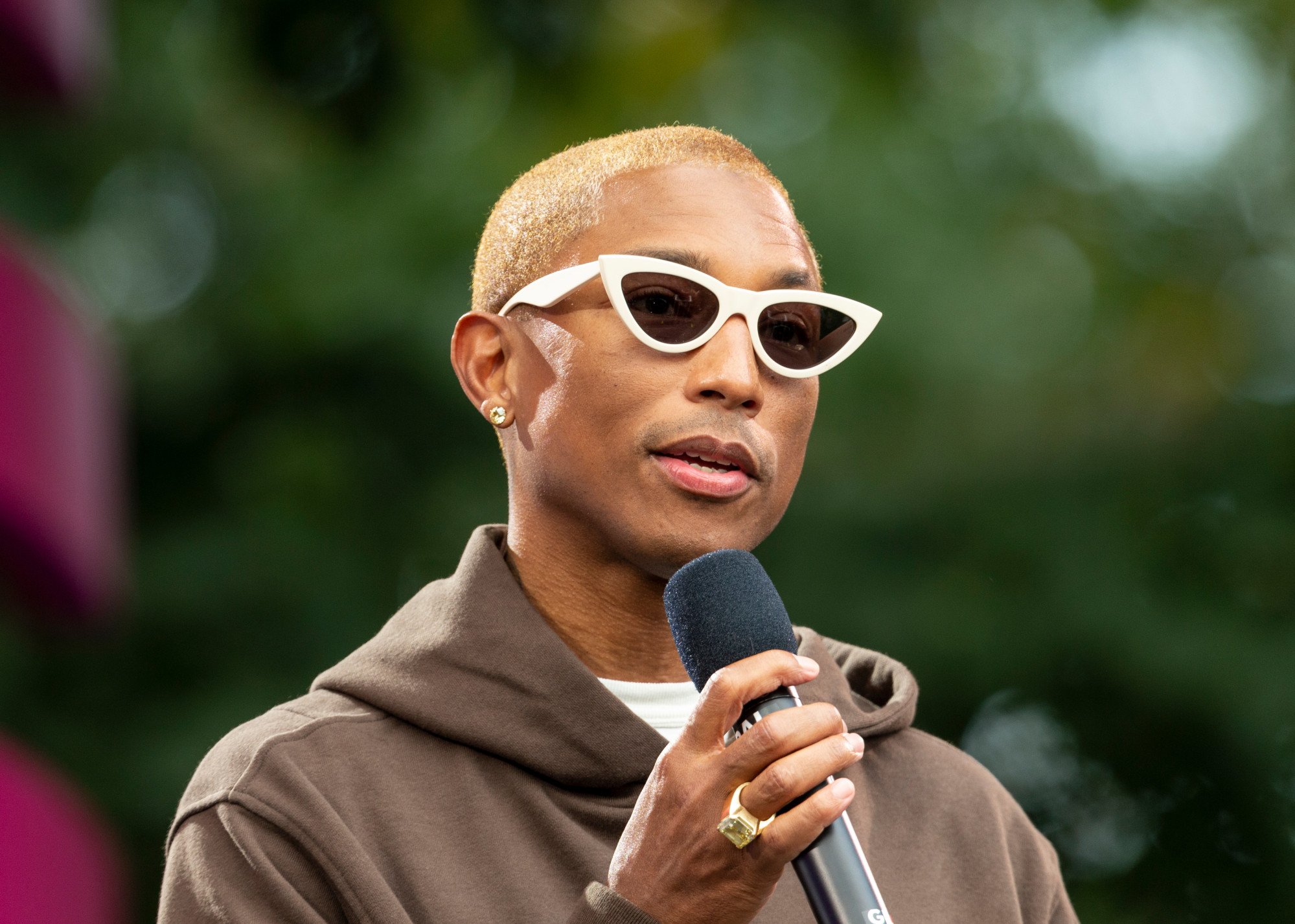
So what do celebrities need to add to this formula in 2021?
Authenticity. Beauty enthusiasts, knowledgeable about the ingredients they use, are demanding better-quality products and more transparent practices. What they will buy into is a unique brand that solves their beauty challenges and offers an authentic narrative. Printing the name of a celebrity on the tag is not enough. The value that celebrities bring is their platform, which provides a marketing advantage to their brand and a fast route to potential success. But it is product quality that is the ticket to the beauty arena.
“People are smart. They know when a celebrity claims they only use their own products to take care of their skin they’re most likely lying,” says Chicago-based brand storytelling consultant Karina Sledera. “In that sense, customers prefer to understand how these products came to be in relation to the celeb’s personal story. Without that connection these brands will never take off.”
This is why it matters that personalities show real involvement in the development of their brand and the philosophy behind it. Take Pharrell Williams, for example. The 47-year-old has always been praised for his ageless, flawless complexion, although in the past he rarely spoke about his skincare choices. But last November, he surprised everyone with Humanrace, his vegan, all-gender line consisting of only three products, developed with sustainability and inclusivity in mind, and in consultation with his long-time dermatologist, Dr Elena Jones. For consumers, this made sense.
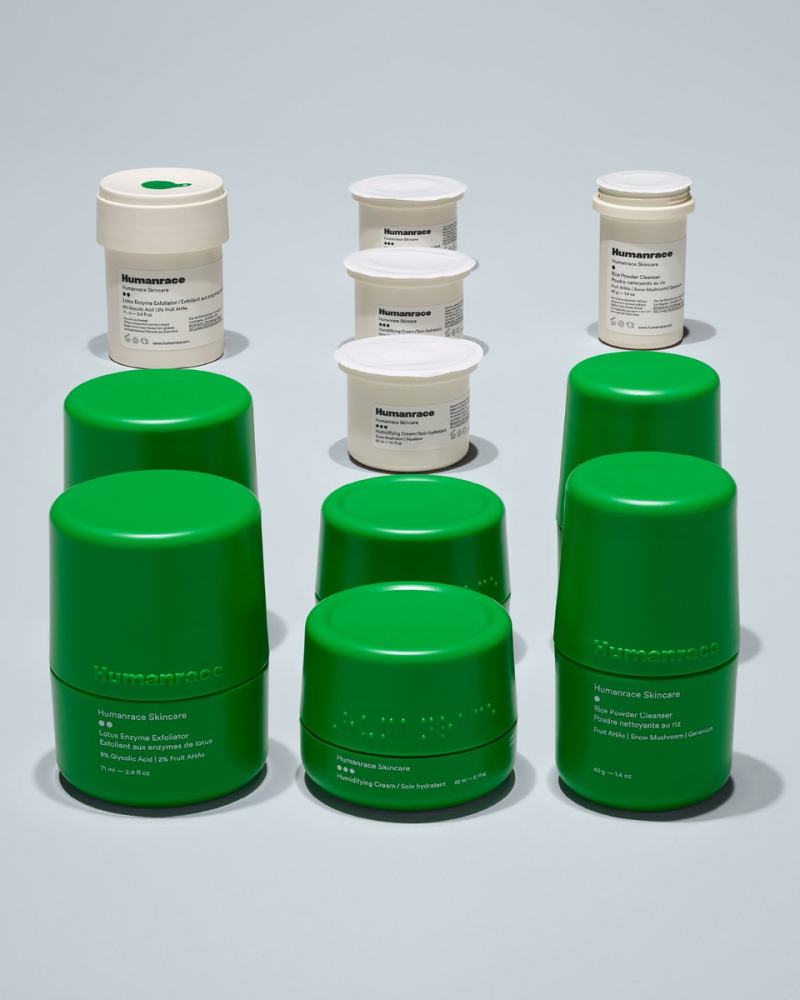
Product quality and authenticity not only attract customers but also the investors who can take these brands to the next level. For Los Angeles-based brand incubator Beach House Group – which has launched the likes of Florence by Mills, Kendall Jenner’s Moon Oral Care and Tracee Ellis Ross’ Pattern – it all starts with the product, because no matter how famous the star attached to it might be, fame alone is not enough.
Over the past couple of years Beach House Group has met at least 500 celebrities, most of whom have social media accounts with a million-plus followers, yet it has only given the green light to four, all of whose products were not only innovative, with authentic storytelling, but also filled a gap in the market.
Ultimately, the brands that stay afloat are those that offer more than good formulas or pretty colours; they create a sense of community, ritual and connection with their clients. In other words, they are relatable.
The brands that are succeeding are backed by a philosophy focused on an idea rather than a celebrity name. These include Keys Soulcare, by Alicia Keys, a clean line with a focus on skincare rituals that combine beauty and self-care, and a goal to build community by taking in the American singer’s own skincare journey.
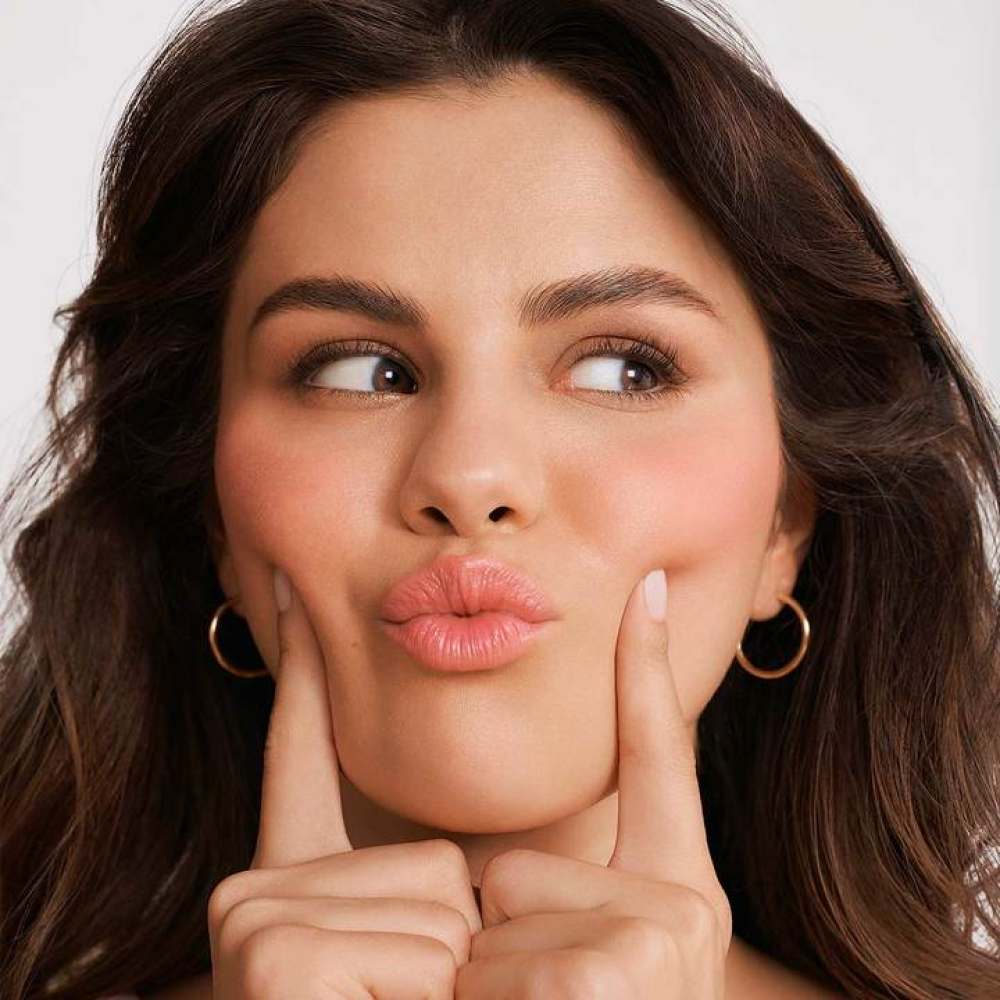
Then there’s Gomez’s Rare Beauty, which encourages people to embrace what makes them unique and use make-up to highlight – not hide – that. Gomez helped to create Rare Beauty’s 14 categories and 150 stock-keeping units, and established the Rare Impact Fund, which aims to raise US$100 million over the next 10 years to provide mental health services, particularly in underserved communities.
And of course, there’s Rihanna’s Fenty Beauty, a brand that forever changed the industry’s approach to inclusivity, with shade ranges that surpassed most of what the market had to offer at the time. Since 2017, the brand has been considered a leading voice in the industry, encouraging countless other brands to follow in its footsteps.
No longer is it enough for celebrities simply to print their name on a label and call it a day. The public is predisposed to believe celebrity brands are more about hype than quality, because that’s how these partnerships used to work. Those jumping onto the beauty bandwagon for a short-term, and without authenticity, will not last.
Are we at the vanguard of a version of the 90s celebrity fragrance boom or will this trend open up a new micro-industry? Probably both, but it’s not hard to predict that once consumers move on to another category, the beauty spell will be broken and only those brands built on solid foundations will endure.

